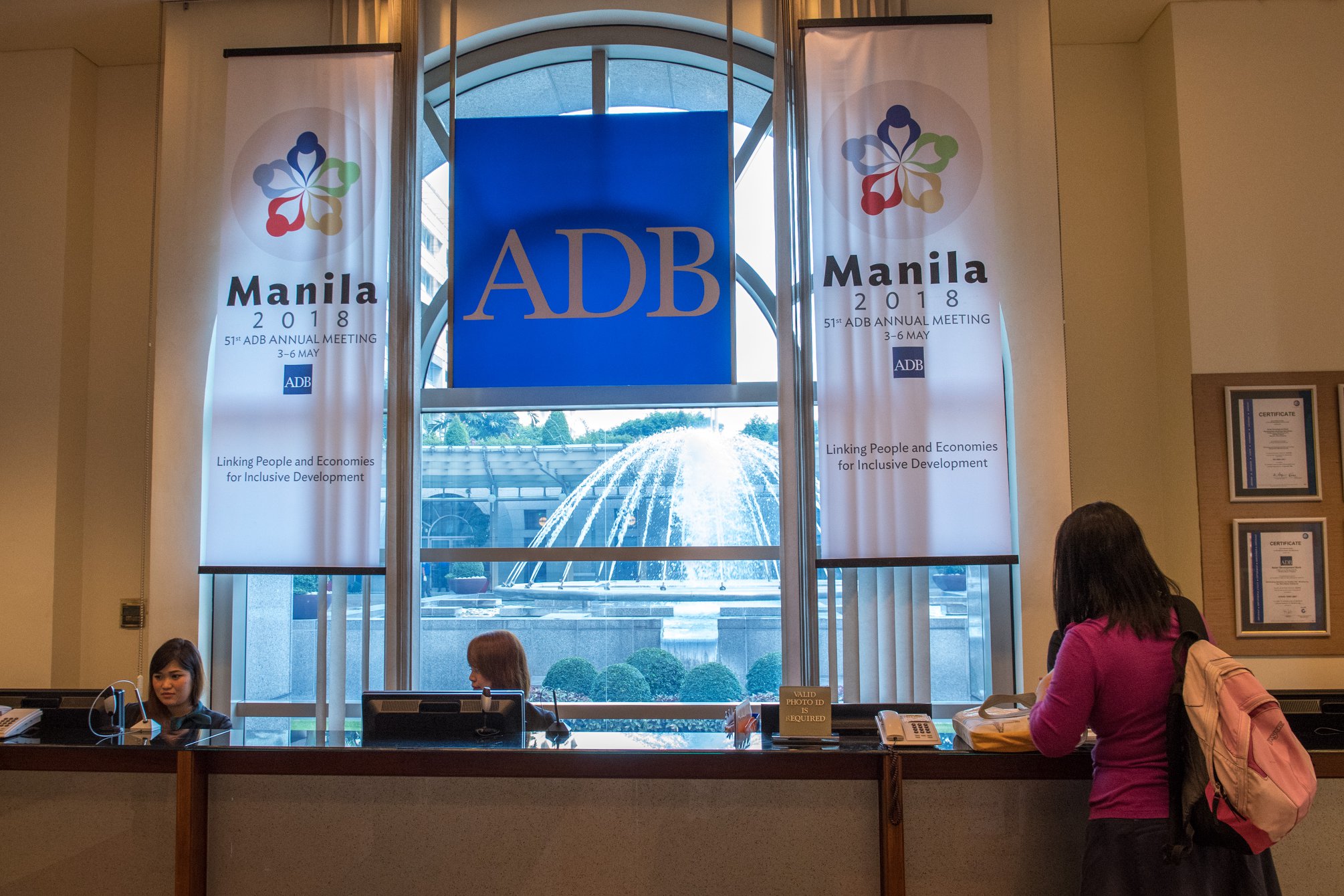
MANILA — The government’s growth strategy received another boost Friday after the signing of three loan agreements amounting to USD623.3 million between the Philippine government and the Manila-based Asian Development Bank (ADB).
These agreements are the USD400-million loan for Facilitating Youth School-to-Work Transition Program, Subprogram 2; the USD23.3-million loan for Capacity Building to Foster Competition; and additional financing of USD200 million for the Infrastructure Preparation and Innovation Facility.
In his speech after the signing of the loan agreements at the Department of Finance (DOF) office, Finance Secretary Carlos Dominguez III, who signed for the government, said the loan packages “complement vital aspects of our overall development strategy.”
For one, Dominguez said, the loan for the infrastructure preparation and innovation facility would be utilized for engineering and feasibility studies for major projects under the “Build, Build, Build” program.
Specifically, projects that will benefit from this particular loan include the Bataan-Cavite bridge, the Samal Island-Davao City connector bridge, Mindanao Railway Project, Metro Manila Subway, Subic-Clark Railway, and the North-South Commuter Railway System, he added.
On the other hand, the youth employment facilitation program will enhance the government’s ability to “carry out policy reforms and government initiatives aimed at improving the employability of our talented young workforce.”
“As you may know, the Philippines is poised to reach what has been coined as the ‘demographic sweet spot’. As the populations of some of the more mature economies in Asia begin to age, we are looking forward to the entry of millions of young Filipinos into the workforce. We must invest in them and ensure that they are globally competitive,” Dominguez said.
The third loan, in turn, is eyed to help the government implement the Philippine Competition Act.
Dominguez assured ADB executives that the proceeds of the loans “will be used most efficiently to help realize the Duterte administration’s comprehensive development strategy.”
As the government bids to ensure the strong and inclusive growth of the domestic economy, he said it has implemented several measures that have resulted in, among others, a drop in poverty rates to its lowest in 40 years and the sustained strong domestic expansion.
He added that the domestic economy is also expected to be elevated to the upper-middle-income status ahead of next year’s schedule.
In his speech, ADB Vice President Ahmed Saeed said the loans signed during the day are part of the integrated package of USD2.5 billion of new assistance to the country, which he said is ADB’s “highest lending program ever.”
He said the loan package “reflects the government’s clarity of vision and our strong commitment to supporting your efforts.”
“Our record lending program for 2019 and with USD2.5 billion annual lending going forward for 2020 to 2022 confirms ADB’s strong and close partnership with the Philippines and our continued commitment to support the Philippines in delivering its development agenda,” he added.